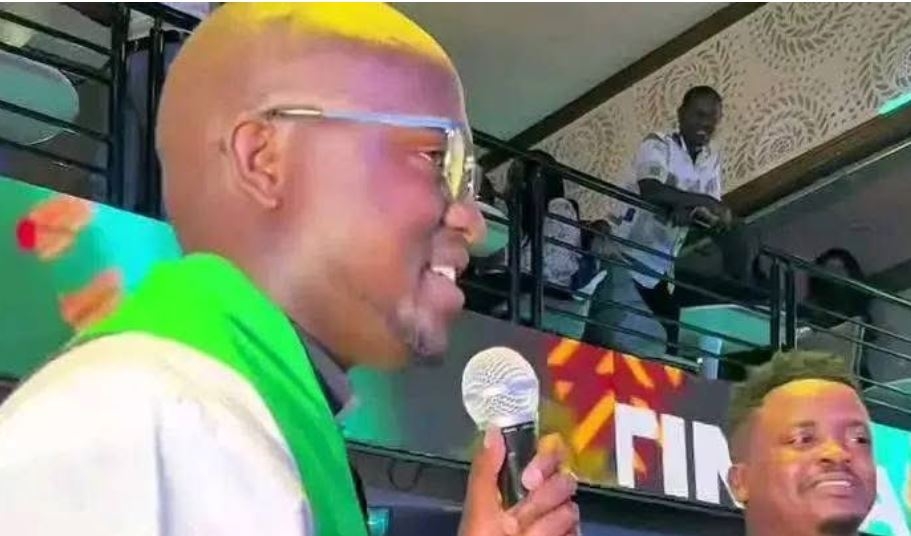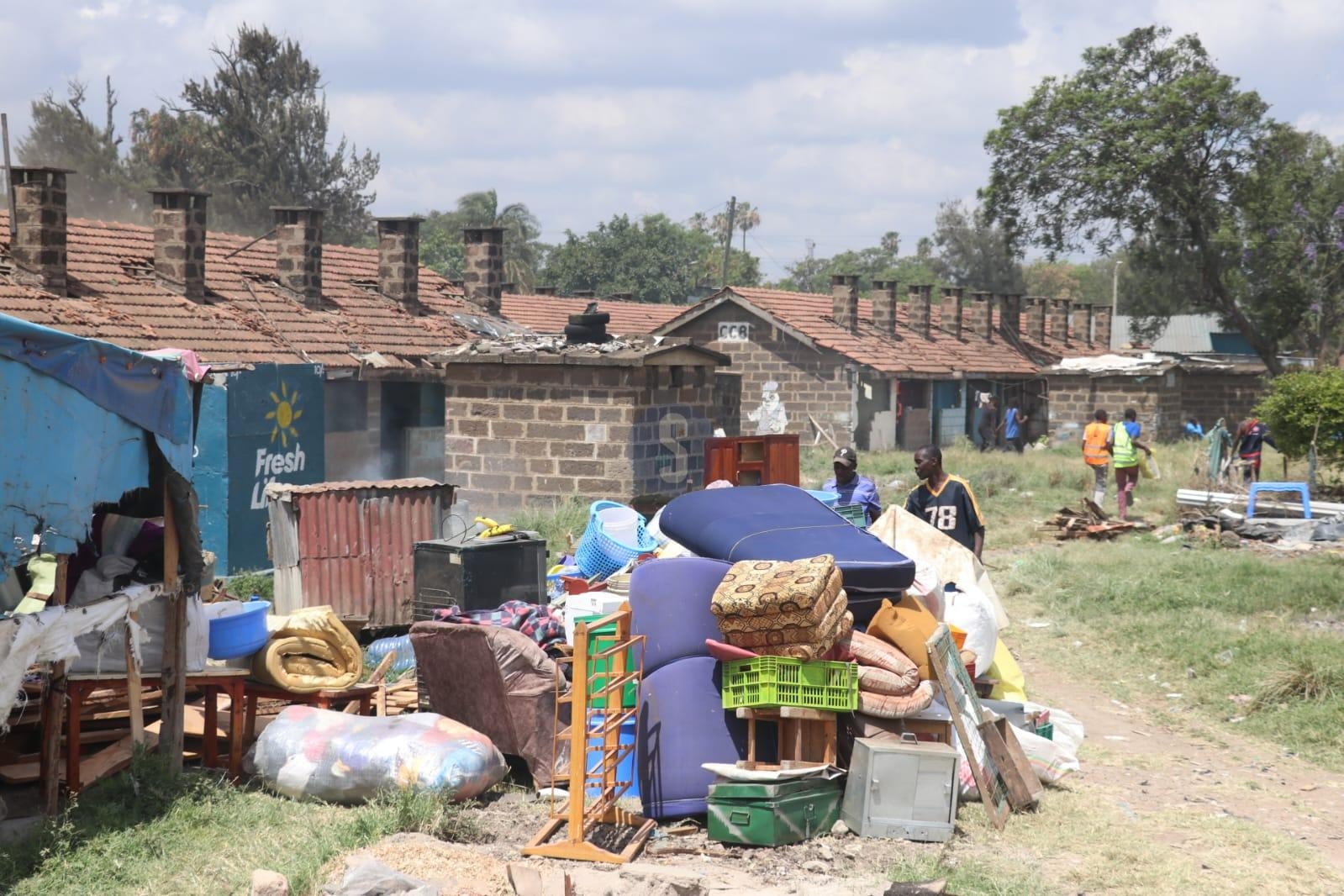
 Victor Bwire./COURTESY
Victor Bwire./COURTESY
A few days to the November 27, 2025, by-elections in various parts of the country, and indications are that if relevant state and law enforcement agencies are not serious in playing their roles in supporting the IEBC, a free, fair, credible and acceptable election poll might be a mirage.
The threat to elections related violence, and voter bribery are real from what we have observed so far and have the potential to affect the country’s elections preparedness ahead of the 2027 General Election.
Should state institutions be overrun by politicians as is appearing, IEBC will
be hapless, for elections are a collective responsibility for all Kenyans. We
are once again normalising violence in the electoral process, and stakeholders
are just watching and making fun of it.
The country can easily break into anarchy and experience post-election disputes, when such early warning signs exhibit themselves in such election-related activities such as the upcoming by elections, and violence of the scale we are witnessing goes unchecked, and campaigns dwell much on insults and dances rather than on issues.
More worrying is that both the responsible national and non-state institutions are sitting on the fence watching, cheering and forwarding such violent videos on digital platforms without hesitation.
A pilot for the 2027 general election has been done and results seen through campaigns ahead of the by elections; high level, tension parked, laden with misinformation and information manipulation and saddled with intolerance which might deny Kenyans free, fair, peaceful and acceptable election.
As seen, we are likely to witness zoning of the country, high level intolerance on political and tribal lines, dangerous political speeches, insulting language and misuse of state power, increased threats to freedom of expression especially focusing on threats to social media by both state and non-state actors.
Obviously, given that the President is running for a second term, which he must win as has been the practice, it will be a do-or-die election. Several Governors will be defending their seats for second term, and with the changed political realignments, which already is showing serious tribal mobilisation, the stakes are very high for politicians more than the voters, which will be a big test on law enforcement agencies.
Its not just the IEBC as the elections management body, but for other institutions including NCIC, DCI, NPS, Peacebuilding department, MCK, CA, KNCHR, NIS, Media, editors, embassies and the international community to ensure Kenya conducts a credible, democratic and acceptable elections.
The European Election Observer Mission for the 2022 general election made several recommendations that could suffice as we look ahead, for some of these issues have repeated themselves during the campaigns for the November 27, 2025 by elections.
There was no fear of violence seen in previous elections ahead of the 2022 polls, and several institutions developed a functional network of conflict prevention interventions that served to mitigate this apprehension, including committed state and civil society actors whose actions often positively impacted the process.
Unlike what we have seen during the by-election campaigns, where mostly personalities, insults and games dominated, we saw and hope to see in the 2027 polls a situation where socio-economic issues as a key focus of the electoral campaign.
There is a need for finalisation of the campaign finance framework, not only to deal with the issue of voter bribery and buying, but more importantly to regulate incomes and expenditures used in the campaigns.
The EU EOM report for 2022 noted that there were numerous allegations of corrupt resources being used by political contestants and of voters being paid for their votes. We have seen enough clips of voters lining up to be given transport after political rallies in these elections.
The EU EOM 2022 report recommended actions that required priority including but not limited to IEBC to be provided sufficient funds immediately after the end of the current electoral cycle and throughout the next one, to implement continuous voter education activities, IEBC to operationalise the Election Campaign Financing Act to regulate the amount of money received and spent by candidates and political parties during an election, IEBC to introduce procedures for special voting of election officials, security personnel on duty, homebound and hospitalised voters as well as nomadic pastoralists, to vote, if necessary, in another location than the one they registered and IEBC to introduce clear and detailed procedures for managing staff and the flow of information at tallying centres to increase the consistency and efficiency of the process, especially the public display of results being aggregated there, and the uploading of all results forms to the public portal to ensure verifiability














